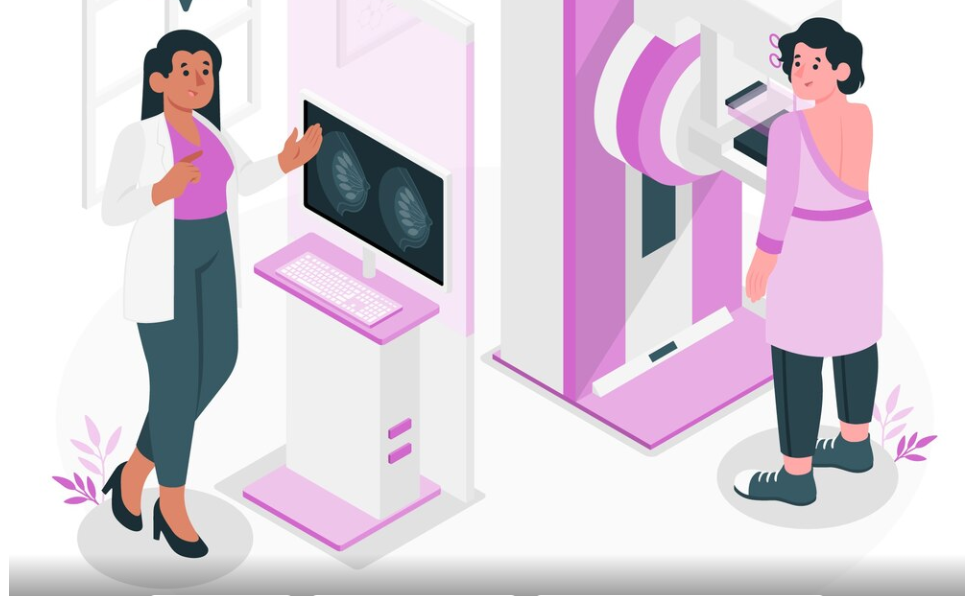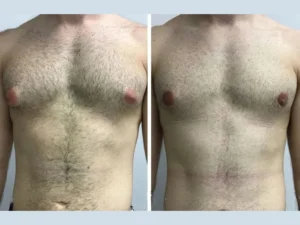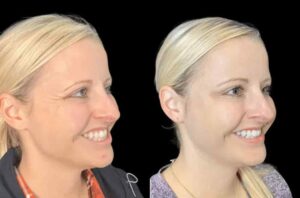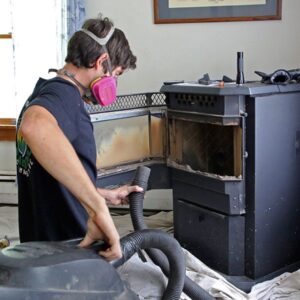
Breast cancer remains one of the most common cancers affecting women worldwide, and early detection through regular screening can make a life-saving difference. In Dubai, access to advanced medical facilities means residents and visitors have excellent options for proactive healthcare. But the question often arises: Who should consider breast cancer screening in Dubai?
In this article, we’ll explore the main risk factors for breast cancer and provide guidance on who should prioritize screening.
What Is Breast Cancer Screening?
Breast cancer screening Dubai services typically involve tests like mammograms, which are specialized X-rays of the breast tissue. These screenings help detect cancer early, even before symptoms develop. Early detection allows for a wider range of treatment options and a higher chance of successful outcomes.
Major Risk Factors for Breast Cancer
1. Age
Age is one of the biggest risk factors. The likelihood of developing breast cancer increases as you grow older. Most breast cancers are diagnosed in women over 50, making regular breast cancer screening Dubai appointments essential for women in this age group.
2. Family History and Genetics
If you have a close relative (mother, sister, or daughter) who has had breast cancer, your risk is higher. Certain inherited gene mutations, such as BRCA1 and BRCA2, can also increase your chances. For women with a family history, earlier and more frequent screening may be recommended.
3. Personal History of Breast Cancer
If you’ve had breast cancer before, there’s a greater chance it could return, making regular screenings crucial to monitor your health.
4. Reproductive History
Starting your period before age 12 or beginning menopause after age 55 exposes you to hormones longer, increasing your risk. Similarly, having your first child after age 30 or not having children at all can slightly raise the risk.
5. Lifestyle Factors
Lifestyle choices also play a role. Risk factors include:
-
Being overweight or obese after menopause
-
Lack of physical activity
-
Excessive alcohol consumption
-
Smoking
While these factors don’t guarantee you’ll develop breast cancer, they do contribute to overall risk.
6. Radiation Exposure
If you’ve received radiation therapy to your chest area (for example, to treat another cancer) before age 30, your risk increases.
Who Should Get Screened?
Dubai’s healthcare guidelines often follow international best practices. According to current recommendations:
-
Women aged 40-49: Should have mammograms every 1-2 years, especially if they have additional risk factors.
-
Women aged 50-74: Should have mammograms every 1-2 years as a routine.
-
High-risk women: Women with a family history, genetic predispositions, or other high-risk factors may need to start screening earlier—sometimes as early as age 30—and might require additional tests such as breast MRIs.
Men can also develop breast cancer, though it is rare. Men with strong family histories or genetic risk factors should discuss screening options with their doctor.
Why Choose Breast Cancer Screening in Dubai?
Dubai offers state-of-the-art medical centers and experienced specialists in breast health. Whether you’re due for your first screening or need ongoing monitoring, breast cancer screening Dubai clinics provide:
-
Digital mammography and 3D tomosynthesis for clearer imaging
-
Comfortable, patient-focused environments
-
Comprehensive follow-up care if needed
Many clinics also offer package deals and health campaigns throughout the year to encourage early detection.
Final Thoughts
Breast cancer screening is a critical part of maintaining your health, especially if you fall into any of the higher-risk categories. If you’re unsure when to start or how often to screen, consult with a healthcare provider at a trusted breast cancer screening Dubai center. Early detection could save your life or the life of someone you love.




